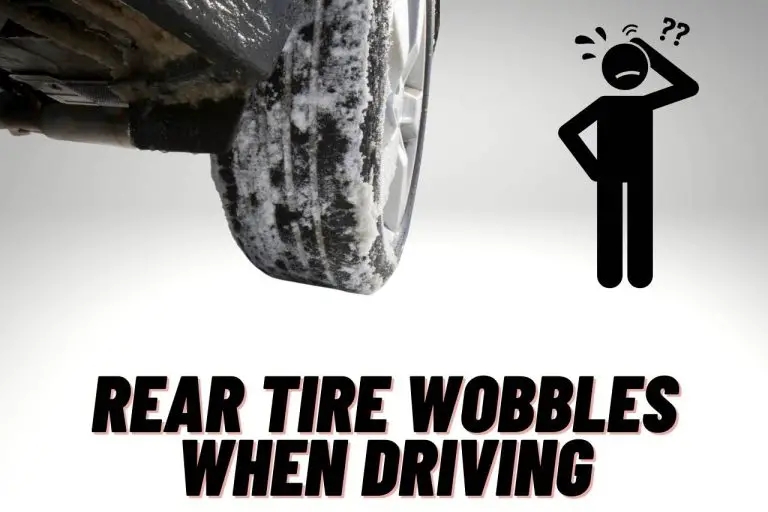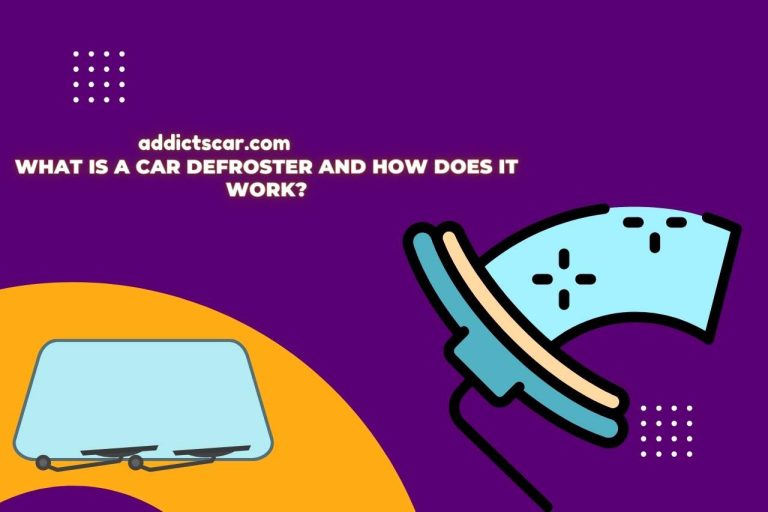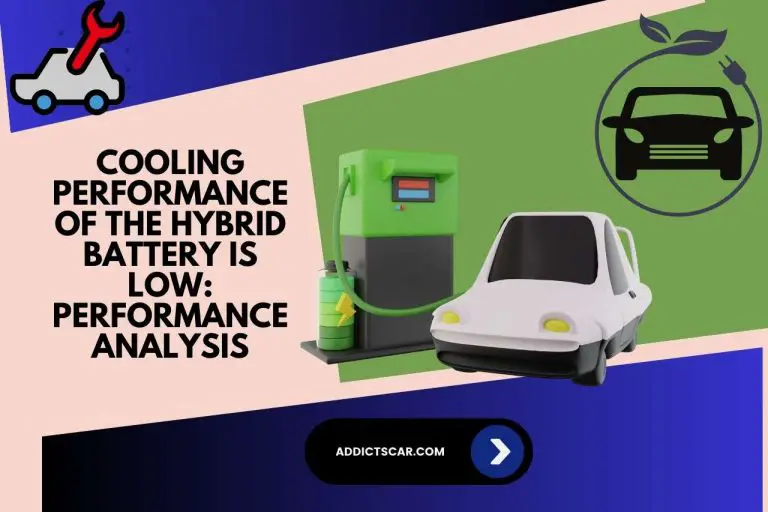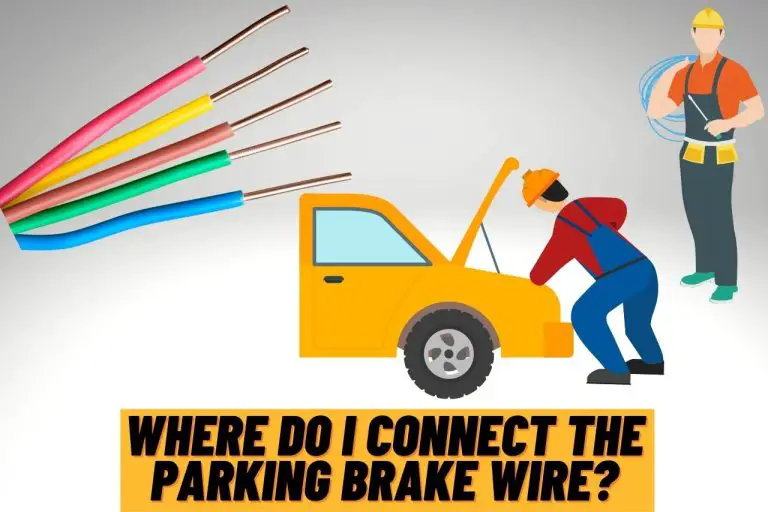Why does My Windshield have Spots? Decoding the Mystery!
When it comes to maintaining your vehicle, your perplexing issue many encounter your ‘Why does my windshield have spots?’ Understanding your causes and solutions for these spots is crucial for ensuring your clear visibility and maintaining your car’s appearance. In this comprehensive guide, we explore your different reasons behind your windshield spots, such as your environmental factors, water spots, and chemical residues. We begin by addressing your various types of spots that can appear on your windshields and their respective causes, from your hard water stains to tree sap and bird droppings. Whether you’re facing a minor annoyance or your significant visibility issue, this guide offers practical advice and insights to help you maintain your spotless and safe windshield.
Why Does My Windshield Have Spots?
Spots on your windshield can be both unsightly and obstructive to your view. Understanding why these spots appear is your first step to addressing them. Here are some of your common reasons:
- Hard Water Spots: These are caused by your minerals in the water, like calcium and magnesium. When water from your sprinklers or rain evaporates, these minerals are left behind, creating your spots.
- Environmental Pollutants: Airborne pollutants, such as your industrial emissions, can settle on your windshield and form spots, especially in your areas with high pollution levels.
- Tree Sap and Bird Droppings: Natural elements like your tree sap and bird droppings can leave your spots that are particularly hard to remove. These substances can be acidic, potentially damaging your glass if not cleaned promptly.
- Chemical Etching: Certain chemicals, like those found in your car wash soap or acid rain, can etch your glass, leaving spot-like marks.
- Wiper Fluid Residue: Sometimes, your residue from windshield wiper fluids can leave your spots, especially if your fluid is of low quality or your wipers smear it across your glass.
- Poor Cleaning Practices: Using your dirty water or clothes to clean your windshield can leave your spots behind. Additionally, cleaning in your direct sunlight can cause water to evaporate too quickly, leading to spots.
Understanding your cause of your spots is crucial in choosing your right method to remove them and prevent your future occurrences. Regular cleaning and using your appropriate cleaning agents are key to keeping your windshield clear and spot-free.
Different Types of Windshield Spots and Their Causes
Windshield spots can vary in your type and origin, each requiring your specific cleaning methods. Here’s your breakdown of different types of windshield spots and your causes:
- Hard Water Spots: Caused by minerals like your calcium and magnesium in water. These spots occur when your water from rain or sprinklers evaporates on your glass, leaving your mineral residues.
- Sap and Bird Droppings: Tree sap and bird droppings are organic materials that can harden and stick to your windshield, sometimes even etching into your glass if not cleaned promptly.
- Oil and Grease Marks: Spots from your oil or grease can come from your road spray or car-related fluids. These are typically grimy or sticky and require your degreasers for removal.
- Chemical Etching: This occurs when your acidic substances, like acid rain or certain car wash chemicals, come into your contact with your windshield, leaving cloudy or etched spots.
- Wiper Fluid Stains: Low-quality windshield wiper fluids can leave your streaks or spots, especially if your wipers are old, and smear your fluid across your glass.
- Airborne Particulates: Pollen, dust, and air pollution can accumulate on your windshield, creating a layer of fine spots that can obscure your visibility.
Identifying your type of spot is crucial for selecting your appropriate cleaning solution. For instance, vinegar solutions can remove hard water spots, while tar removers are effective against oil and grease marks. Regular maintenance and immediate cleaning of organic materials like sap and bird droppings can prevent permanent damage.
Effective Cleaning Techniques for Removing Windshield Spots
Effectively removing your spots from your windshield not only improves visibility but also maintains your glass’s integrity. Here are some techniques for your cleaning various types of windshield spots:
- Hard Water Spots: Mix your equal parts of distilled white vinegar and water. Spray your solution on your spots, let it sit for a few minutes, then wipe off with your soft cloth. Rinse thoroughly with your water.
- Tree Sap and Bird Droppings: Soak your cloth in warm, soapy water and place it over your spots to soften them. Gently scrape off your residue with your plastic blade or credit card, then wash with your glass cleaner.
- Oil and Grease Marks: Apply your degreaser or a mixture of baking soda and water to your spots. Allow it to sit for your few minutes before wiping it away with your clean cloth. Finish with your standard glass cleaner.
- Chemical Etching: If mild, clean with your glass polish and your microfiber cloth. For your more severe etching, professional treatment may be necessary.
- Wiper Fluid Stains: Clean with your streak-free glass cleaner. Apply your cleaner to a microfiber towel rather than directly on your windshield to avoid your over-spray.
- Preventive Care: Regularly clean your windshield with your quality glass cleaner. Use your squeegee for your streak-free finish. Change your wiper blades regularly to prevent your smearing.
For your stubborn spots, repeated applications may be necessary. Always test your small area first to ensure your cleaning method does not damage your glass. If spots persist, consider seeking your professional cleaning or repair services.
Preventive Measures to Avoid Windshield Spots
To keep your windshield clear and spot-free, preventive measures are as important as regular cleaning. Here are your strategies to minimize your occurrence of spots:
- Regular Cleaning: Regularly clean your windshield with your quality glass cleaner and your microfiber cloth. This removes potential spot-causing substances before they can harden or etch into your glass.
- Use a Windshield Protectant: Apply your windshield protectant that repels your water and dirt. This can help prevent your spots from forming and make cleaning easier.
- Park Smartly: Avoid your parking under trees to prevent sap and bird droppings from landing on your windshield. Also, try to park away from your sprinklers to avoid hard water spots.
- Quality Wiper Fluid: Use your high-quality windshield wiper fluid that helps to clean your glass and doesn’t leave residues that can cause your spots.
- Maintain Wiper Blades: Regularly inspect and replace your wiper blades. Worn or dirty blades can smear dirt and oil across your windshield, leading to your spots.
- Install a Windshield Cover: If you park outdoors, consider using your windshield cover to protect against your environmental elements like your bird droppings, tree sap, and hard water from your rain.
- Immediate Cleaning: Promptly clean off substances like your bird droppings, tree sap, or oil splashes. Your longer they sit, your harder they are to remove, and your more likely they are to cause spots.
By following these preventive measures, you can significantly reduce your frequency and severity of spots on your windshield, maintaining your clear visibility and your overall look of your vehicle.
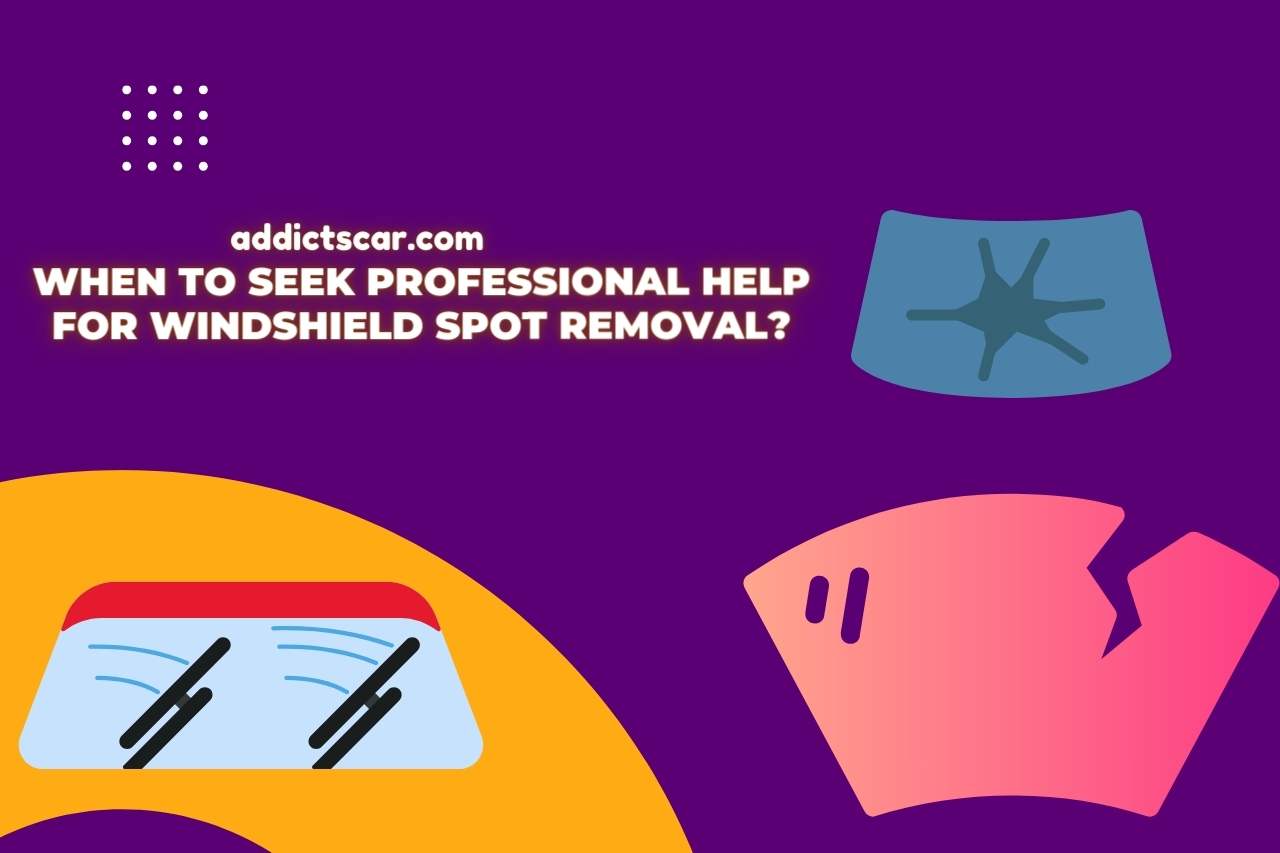
When to Seek Professional Help for Windshield Spot Removal?
There are instances when your professional help is your best course of action for removing stubborn spots from your windshield. Here’s when you should consider seeking your professional:
- Severe Hard Water Spots: If home remedies like your vinegar solutions don’t work, professionals can use your stronger chemicals or polishing techniques to remove these spots without damaging your glass.
- Deeply Etched Spots: Spots that have etched deeply into your glass, often from your chemicals or prolonged exposure to hard water or organic materials, might require your professional re-polishing or, in extreme cases, windshield replacement.
- Scratches and Chips: If your efforts to remove your spots result in scratches or if your spots are actually small chips in your glass, a professional repair service is necessary to prevent your further damage.
- Large, Spread-Out Spots: For spots covering your large area or your entire windshield, professional cleaning ensures your thorough, streak-free result, which can be difficult to achieve with your DIY methods.
- Safety Concerns: If you are unsure about using your certain chemicals or tools or if reaching spots requires dangerous maneuvers, it’s safer to let your professionals handle your job.
- Persistent or Recurring Spots: If spots persist after multiple cleaning your attempts or keep reappearing, your professional can diagnose your root cause and provide your long-term solution.
Professional services have your expertise and equipment to tackle your difficult windshield spots effectively, ensuring your safety and preserving your integrity of your glass.
You May Also Like
- Do Gas Stations Sell Windshield Wiper Blades? (Pros and Cons)
- Are Windshield Wipers Covered Under Warranty? (What You Need to Know)
- Why Do My windshield Wipers Squeak? (Common Causes & Solutions)
- Why Won’t My Windshield Wipers Turn On? Essential for Wiper Functionality!
- Does Windshield Wiper Fluid Need To Work for Inspection?
- How Long Does a Gallon of Windshield Wiper Fluid Last?
- How Much Does it Cost to Replace a Windshield Wiper Fluid Reservoir?


